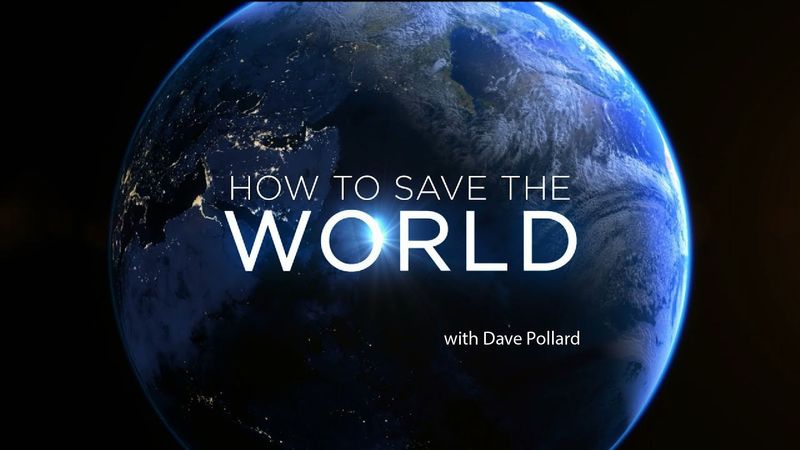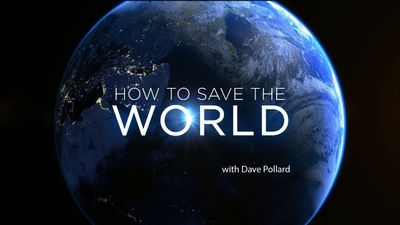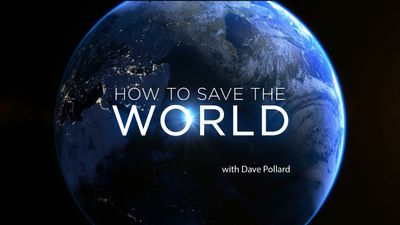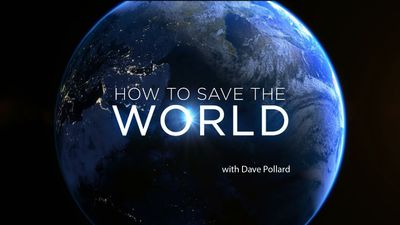Noticing What’s Missing
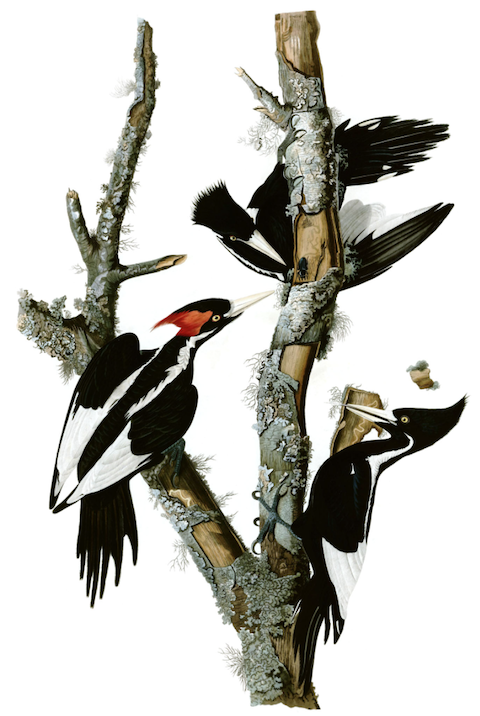
An interesting aspect of human nature is our obliviousness to the disappearance of things that we once took for granted. We often immediately notice things that are new, like an ache in our chest, but we rarely notice what has stopped (such as that ache that was there for a while, or that bird we used to see and hear, or that favourite blog we used to read regularly).
And we are even less likely to notice what has been conspicuously missing for a long time, or seemingly forever — intelligent, nuanced, articulate perspectives on topical issues, for example, or a properly graduated and equitable tax system, or mass anti-war protests, or self-immolations or suicide bombers, or family doctors, or a prevailing attitude of trust in and respect for (at least some) other people and (at least some) public institutions.
What’s worse, we are more likely to ‘remember’ things that never were, nostalgically, than we are to notice things that once were useful and important but no longer exist. When we can’t remember these things, we impoverish our imagination of what is possible.
We forget things easily when they’re no longer around: The horror of the bodies of dead and maimed soldiers returning home after useless wars. The terror of military draft in countries with endless imperialist ambitions. What it’s like to find oneself or a loved one is unintentionally pregnant when abortion is illegal. The once-widespread and open tolerance of racism and segregation, misogyny, spousal and child abuse, and ghastly animal abuse. And the good things too: When I was born, 70 years ago, there were only 2.4B people living on the planet; there were no factory farms yet; the average house was 900 sf and cost $8,000, about twice the median family annual income; the wealthy paid a top tax rate of 91%, and there was little complaint about it.
In The Place You Love is Gone, Melissa Holbrook Pierson writes:
Something gets into you, and you want to yank on the collars of people in the street until their eyeballs make noise. You mean to horrify them with the news, amply documented if they cared, that the earth is pretty much a goner. What you do instead is convince them of your lunacy… Suddenly now it hits, bizarrely easy to grasp. We are inexorably headed for the Big Goodbye. It’s official. The unthinkable is ready to be thought. It is finally in sight, after all of human history behind us. In the pit of what is left of your miserable soul you feel it coming, the definitive loss of home, bigger than the cause of one person’s tears. Yours and mine, the private sob, will be joined by a mass crying: whole cultures, ways of life, languages, beliefs, landscapes, climates, now falling at a cataclysmic rate along with millions of trees in the Congo basin and the Brazilian rainforest and along the Mongolian border. The echo of their crashing is a prelude to the final kiss-off, the extinction of our species along with every other that is made to suffer by us…
There is not a power upon the earth that will stop progress. Except progress itself. When the air can’t be breathed, when the psyche starts running amok from too many others crowding the elbow, when the spring comes four weeks too soon, when the floods come, when the trees wither, when the billion diverse creatures that weave together in ways we cannot comprehend to make the net that holds us up die, when selfishness calls the chickens home to roost, then it will stop.
Everything has changed, and so much has been lost — including 3/4 of the wildlife and wildlands of this planet — in 70 years (most of it in the last 20), but it’s happened so slowly we’ve hardly noticed.
This is our nature — we react to new things, to obvious change, to things that happen overnight. We don’t notice things that don’t appear anymore, especially if their disappearance is gradual. And we don’t notice things that appear gradually, as the proverbial boiling frogs don’t notice the temperature being increased until it is too late. (The frogs do notice, by the way, and jump to safety; they are much more sensitive to changes in their environment than we humans, locked and lost inside our heads, and disconnected from what’s happening outside, especially in the modern human prostheses of cities).
The appalling downside of human self-domestication — the ease with which we can be conditioned to put up with almost anything if it’s continually reinforced — is our capacity for tolerating atrocities: grotesque untruths, horrific discrimination and abuse, and unlimited suffering. It’s amazing what people get used to, and come to consider as ‘normal’.
What I am trying to do, now, is to notice not only what’s there, when I walk in my new community, but what is no longer there, what might be there but seems absent, what I noticed before but don’t see now. Everything changes, of course, and nothing lasts forever, but in my ‘paying attention’ practice I’m trying to focus not only on what I can see, when the endless noise in my head momentarily becomes quieter, but what I imagine I might see, or might have seen, or might one day see, in the infinite small spaces and places that make up this terrible, and wondrous, world.
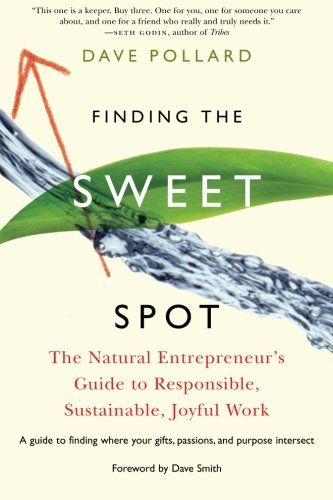
Finding the Sweet Spot: the natural entrepreneur's guide to responsible, sustainable, joyful work
"Now what am I going to do?" is a question many people ask—and leave unanswered—at critical potential turning points in their careers. Perhaps you’re a new graduate, but instead of lining up for a boring entry-level job at a big corporation, you wish you could start your own sustainable and responsible business

